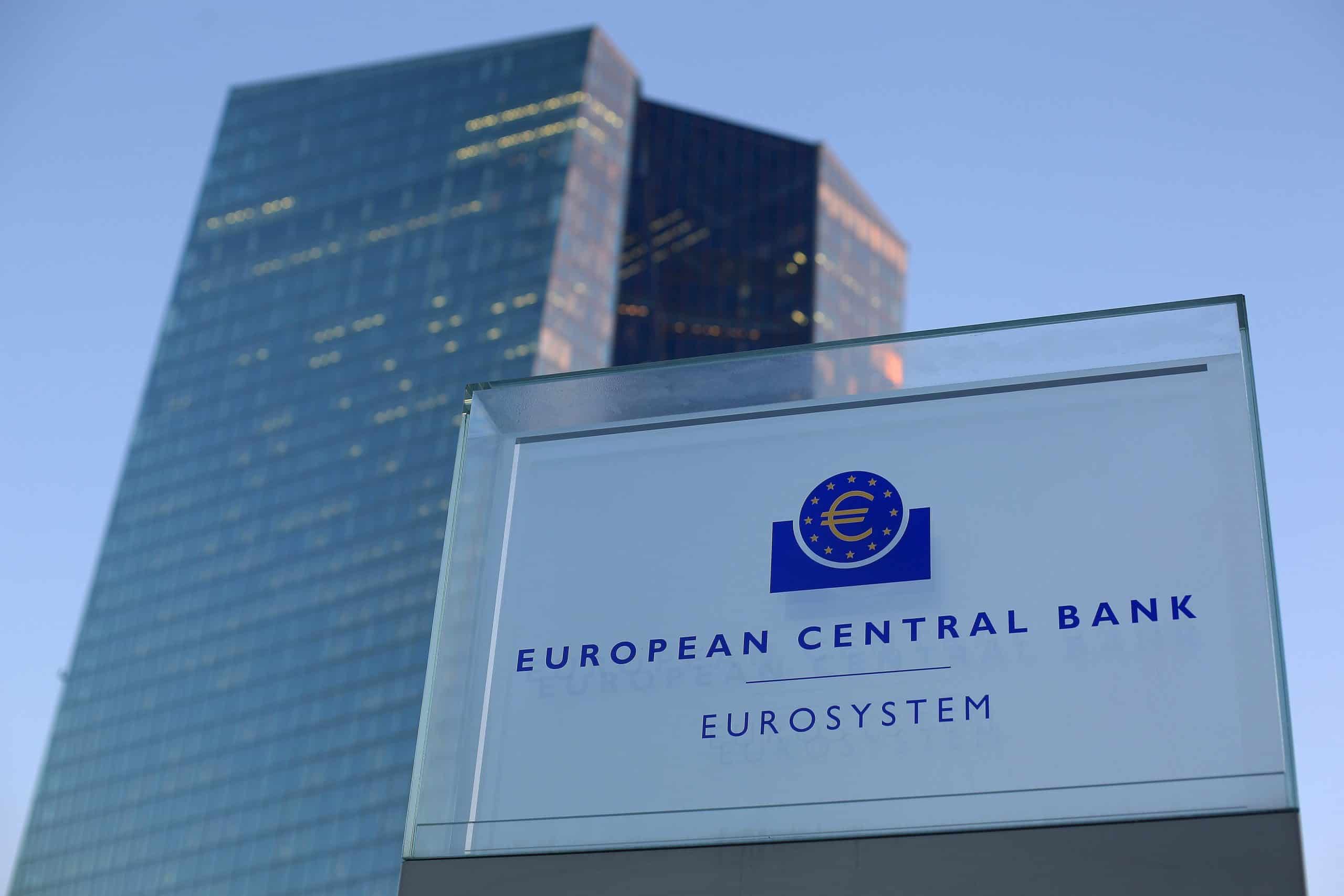Join Our Telegram channel to stay up to date on breaking news coverage
The European Central Bank has said that launching a government-controlled digital currency, popularly known as a central bank digital currency (CBDC), was the “only solution” to guarantee a smooth continuation of the monetary system.
ECB says CBDCs will guarantee continuation of the monetary system
The ECB’s remarks were part of the Working Paper Series by the institution looking into monetary policy, financial stability, and their connection to CBDCs. The ECB gathered data from 15-0 academic papers on the matter.
The discussion paper written by Toni Ahnert, a research economist at the ECB, Katrin Assenmacher, the head of the monetary policy strategy division at ECB, and Peter Hoffman of the financial research division assessed interest in the “economics of money and payments,” noting that it had risen significantly over the past 15 years. The paper later assesses the intention behind creating CBDCs and the privacy issues surrounding these projects.
The paper noted that CBDCs would “guarantee a smooth continuation of the current monetary system.” This continuation would happen as physical money detached from its economic fitness and as cryptocurrency, and large fintech platforms continue to comprise a large part of the financial system.
Your capital is at risk.
Additionally, there was no regulatory alternative that promised to remove the threat of a two-layer monetary system. Currently, cash is only available physically, making it less practical to fit in the digital economy.
Moreover, there was a need to develop a CBDC that would reach the desired level of adoption. Moreover, regulatory action was needed to support these CBDCs in achieving their goals.
Concerns over CBDC privacy
The observation was that while consumers were concerned about privacy in using CBDCs, they usually gave out their data for free or for small rewards. Additionally, despite the privacy issues raised by consumers, CBDC launch posed far-reaching benefits.
The paper refuted claims that CBDCs could lower the credit supply, saying that these claims were unfounded. While privacy was an area that needed consideration, more research was needed into the matter alongside understanding the end-user preferences for the functions of a CBDC.
It is the second discussion paper released by the ECB assessing the cryptocurrency sector within a month. In an earlier paper, the ECB had looked into the cross-border nature of Bitcoin and stablecoins and assessed how they faired in the matter compared to CBDCs.
Read more:
Join Our Telegram channel to stay up to date on breaking news coverage


